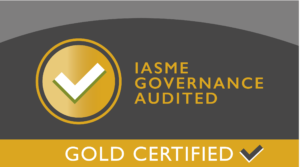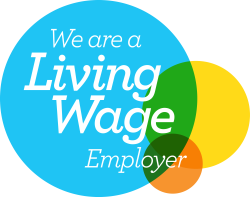
Conscious or Unconscious Bias – the bias still exists
Conscious or Unconscious Bias and feminism is so old hat, right? There is no limit on what women can achieve and any push by women for more is an irrational grievance.
Is this the truth?
While society accepts women as leaders in the workplace and as business owners, the playing field is far from level.
According to the Financial Times, more than a third of female entrepreneurs are impacted by gender bias. For example, female business owners are more likely to face greater scrutiny or receive less money when seeking investment in a business proposition.
The findings from the FT survey are not in isolation. The Workplace Specialists Instant Offices found that 35% of female business founders faced bias when raising capital for their business. They tended to receive an average of 5% less funding.
Gender Bias in Business Sales
For women entering a business where sales are a significant feature, the issues of gender are more pronounced, at specific points in the pitch process. Studies suggest that pitches by men outperform those by women, and it didn’t matter which gender was receiving the pitch. The study’s conclusion was that those looking to spend money prefer a male entrepreneur, even if the pitch content is the same.
Part of this bias towards the male business owner is due to ingrained attitudes to competence in the workplace. However, there are also issues with the way women portray themselves to the world.
Although a generic statement, there is an underlying truth that women undervalue themselves compared to men. When looking at a list of skills required to apply for a job, for example, women are more likely to feel hampered by one or two missing items. On the contrary, a man would see they had one or two of a list of eight skills and decide they could give it a go.
Harvard Business Review sees the evidence for this gender confidence gap as anecdotal. However, a lot of the first-hand experience by women who tell stories of building their business reveals the theory’s underlying truth.
Conscious Bias is easier address
Overcoming conscious bias may be relatively easy, as it can be identified, reflected on, and decisions made to alter attitudes. However, unconscious bias is more challenging, as people are, by definition, not aware that this attitude shapes their decisions and choices. It is also more difficult when a sense of inferiority is ingrained in a woman’s attitudes to her ability to perform. Encouraging the female business owner will take a significant coaching and marketing effort.
One solution could be to push forward female SME business owners as role models. If women are seen as having a natural place in this ecosystem time and again, then long-held perspectives can begin to shift. It would also serve to help women see their capabilities rather than their inadequacies.
There are also two shifts in the world of work that could aid this move towards tangible equity. First, there is a new emphasis on character and softer skills in the workplace. The need to be more human is perceived to be essential as we move through the 21st century. Second, working from home will likely stay with us beyond the pandemic, and this merges the household and the workplace in a way where shared responsibility is going to be easier to practice.
However, the changing of ingrained attitudes is akin to changing the direction of an oil tanker. It will be slow and frustrating and only achievable with constant, conscious effort.



